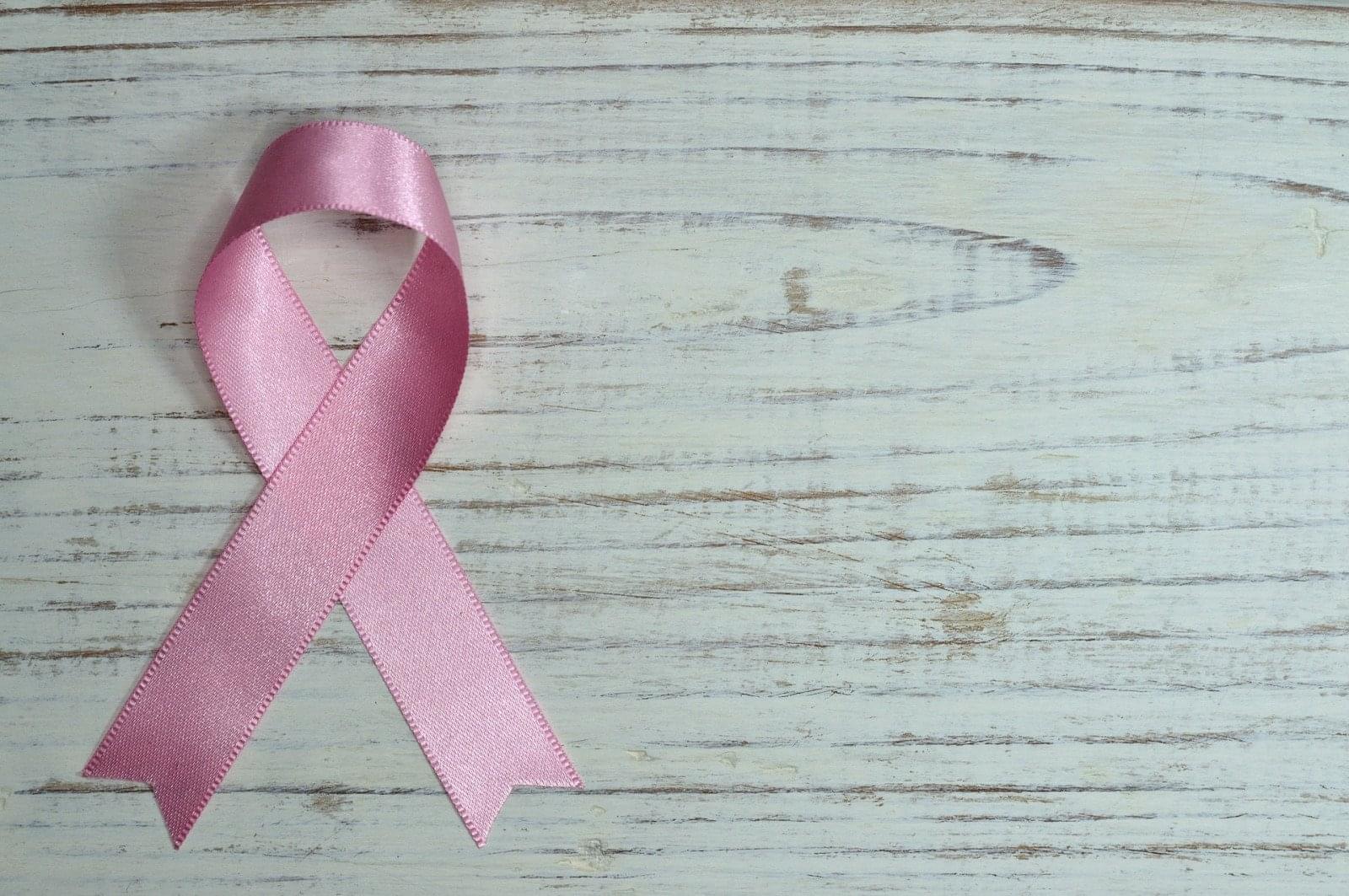Dealing with Breast Cancer: Understanding the Disease and Available Treatment Options

Introduction
Breast cancer is one of the most common cancer types in women, affecting millions of people worldwide. It is a disease in which malignant (cancer) cells form in the tissues of the breast. Breast cancer can occur in both men and women, but it is rare in men.
Early detection and treatment are critical for the successful management of breast cancer, and it is important for individuals to understand the disease and the available treatment options. This article will explore the causes, symptoms, diagnosis, and treatment options for breast cancer.
Causes and Risk Factors
The exact cause of breast cancer is unknown, but certain factors can increase an individual’s risk of developing the disease. These include:
- Age: The risk of breast cancer increases as women age.
- Family history: Women with a family history of breast cancer have a higher risk of developing the disease.
- Genetic mutations: Certain genetic mutations, such as BRCA1 and BRCA2, can increase the risk of breast cancer.
- Hormone therapy: Women who take hormone therapy for menopause may have an increased risk of breast cancer.
- Obesity: Women who are overweight or obese have an increased risk of breast cancer.
Symptoms
Symptoms of breast cancer can vary and may not be present in the early stages of the disease. Common symptoms include:
- A lump or thickening in the breast or underarm area
- Changes in the size or shape of the breast
- Nipple discharge or inversion
- Redness, scaliness, or swelling of the breast or nipple
- Persistent pain in the breast or armpit
Diagnosis
Diagnosis of breast cancer typically begins with a physical exam, followed by a mammogram or ultrasound. If an abnormal area is found, a biopsy may be performed to confirm the presence of cancer. Other diagnostic tests, such as magnetic resonance imaging (MRI) or a positron emission mammogram (PET), may also be performed to determine the stage of cancer.
Treatment Options
Treatment for breast cancer will vary depending on the stage of cancer and the individual’s overall health. Treatment options include:
- Surgery: Surgery, such as a lumpectomy or a mastectomy, may be performed to remove the cancerous tissue.
- Radiation therapy: Radiation therapy uses high-energy rays to kill cancer cells and shrink tumors.
- Chemotherapy: Chemotherapy uses drugs to kill cancer cells and shrink tumors.
- Hormone therapy: Hormone therapy may be used to block the effects of hormones that can fuel the growth of breast cancer cells.
- Targeted therapy: Targeted therapy uses drugs that target specific molecules in cancer cells.
- Immunotherapy: Immunotherapy uses drugs that help the immune system recognize and attack cancer cells.
Prevention and Coping
There is no sure way to prevent breast cancer, but there are steps that individuals can take to reduce their risk. These include:
- Maintaining a healthy diet and exercise regimen
- Avoiding exposure to environmental toxins
- Limiting alcohol consumption
- Undergoing regular screenings and check-ups
- Being aware of any changes in the breast or armpit
Dealing with a breast cancer diagnosis can be overwhelming and stressful. It’s important for individuals to seek support from loved ones, a therapist, or a support group. Coping mechanisms such as exercise, meditation, and journaling can also be helpful.
Conclusion
Breast cancer is a serious issue that affects many people worldwide. It is the most common type of cancer among women and the second most common cancer overall. Breast cancer can occur in both men and women, but it is much more common in women. Early detection and treatment are key in improving the chances of survival and recovery. There are different types of breast cancer, and treatment options vary depending on the type and stage of cancer. Some common treatment options include surgery, radiation therapy, and chemotherapy. It is important for individuals to be aware of the signs and symptoms of breast cancer and to undergo regular screenings to detect it early.